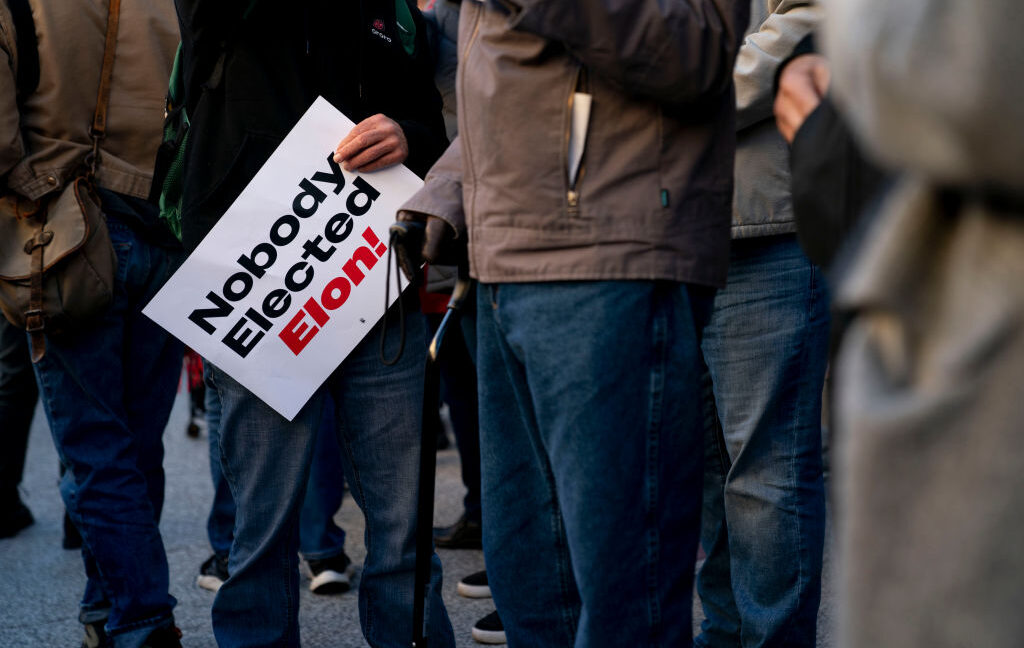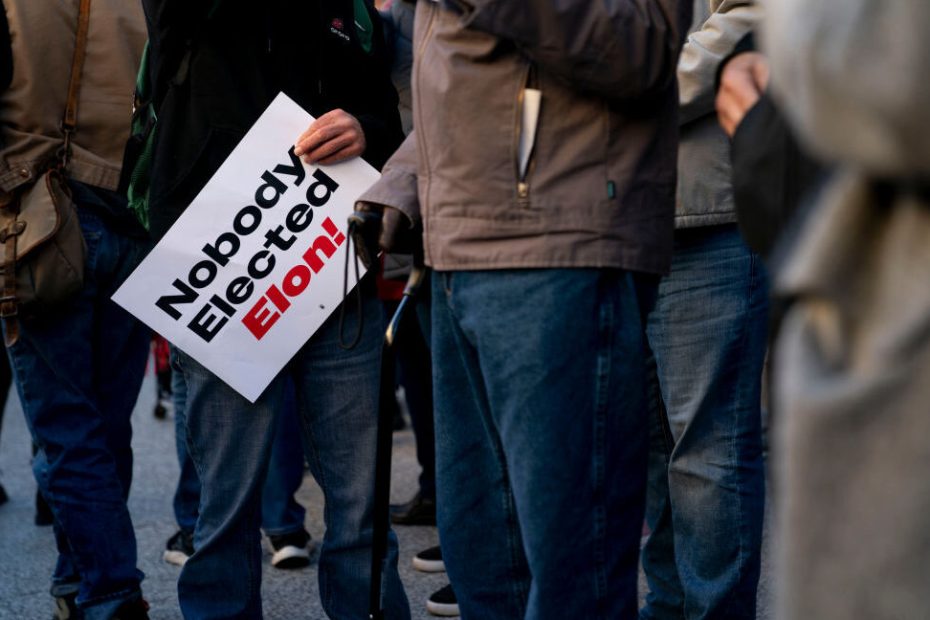
Elez reports to Tom Krause, another employee of the special government of the Treasury Department, but Krause has no direct access to the payment system, Humphreys told court. Krause is the CEO of Cloud Software Group and is also seen as a Musk fellow.
But when the judge Humphreys was pressing on Musk's alleged access, the Doj lawyer only said that Musk had no access for the defense team.
Furthermore, Humphreys explained that Doge – which functions as part of the executive office – has no access to the knowledge of the Doj. As he explained it, DOGE sets the priorities at a high level that these special government employees perform apparently trust employees to identify waste and to protect taxpayers without ever providing detailed reporting on the data that is probably proof of maladministration.
For Kollar-Kotelly, the facts on the file seem to suggest that nobody outside the treasury currently has access to sensitive data. But when she pressed Humphreys about the question of whether Doge future plans to gain access to the data, Humphreys refused to comment and called it irrelevant for the complaint.
Humphreys suggested that in this case the defense of the government would focus on the complaint that outsiders currently have access to Treasury data, which apparently rejects the need to discuss the future plans of Doge. But the judge pushed back and told Humphreys that she was not trying to “nail” him to the wall, but there is too little information about the relationship between Doge and the Ministry of Finance as it looks now. How these entities work together makes a difference, suggested the judge, in terms of protecting sensitive treasury data.
According to Kollar-Kotelly, the granting of a temporarily limiting order would partially enable DOGE “to retain the status quo” of his current work in the Ministry of Finance, while no new outsiders get access to the sensitive information of Americans. Such an order would give both parties time to better understand the current workflows of the government in order to argue their affairs best, the judge suggested.
If the order is approved, this would remain in force until the court rules on Plantiffs's request for a provisional order. During today's hearing, Kollar-Kotelly suggested that the material would probably be arranged during a hearing on 24 February.

